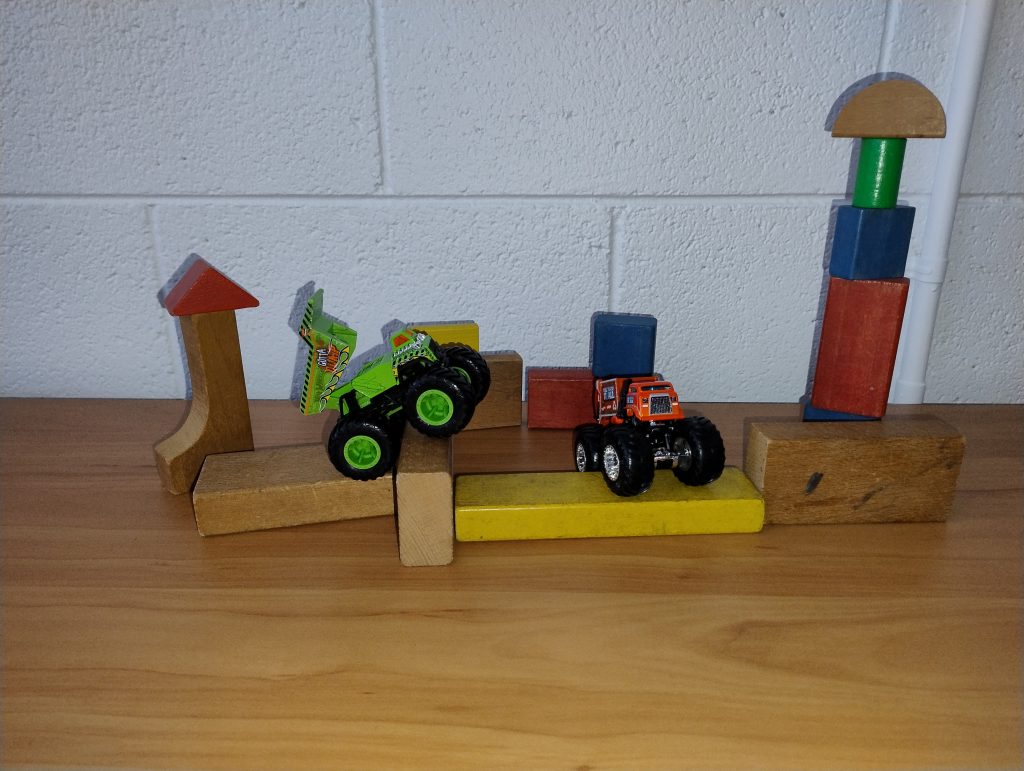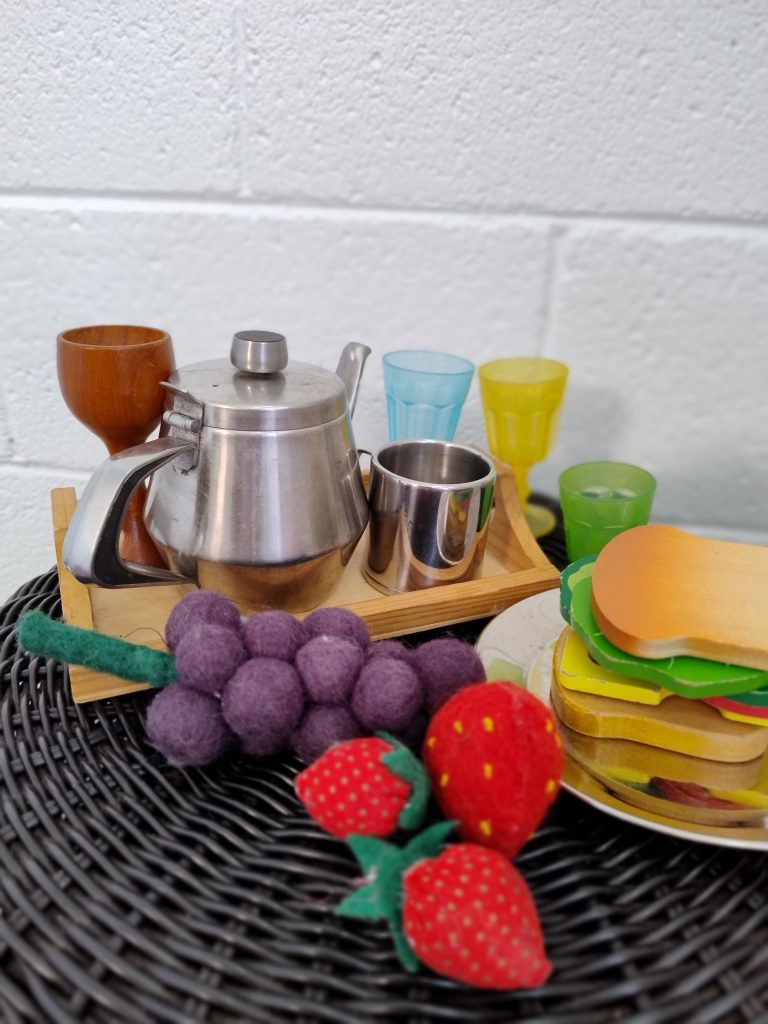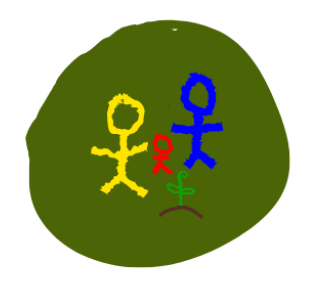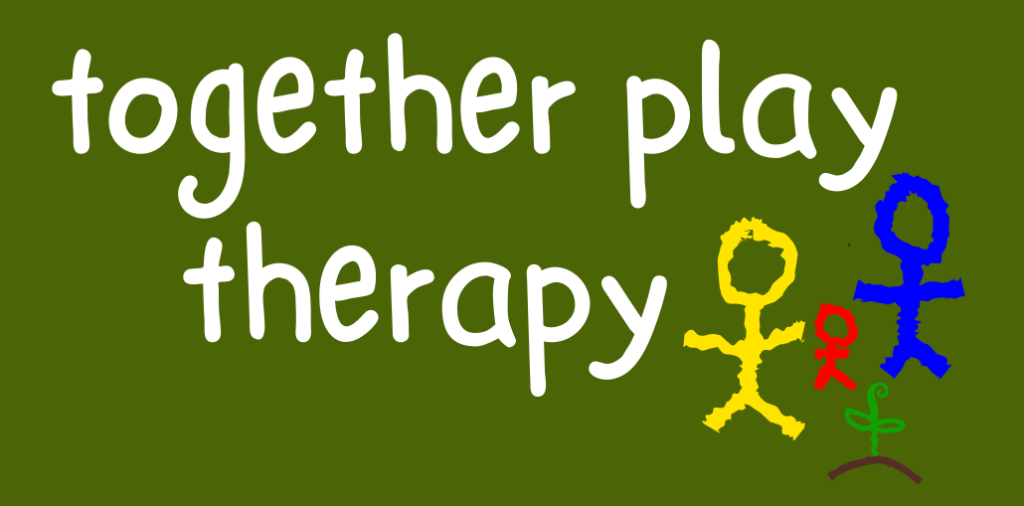Play Therapy
Play Therapy is a type of psychotherapy and counselling for children usually between 3 and 12 years of age. At Together Play Therapy we use an integrative approach to therapy that is child-centred and child-led. An integrative approach to play therapy means the therapist can be responsive to what the child needs in the moment, using intentional and more directive approaches if required.
As children’s brains and bodies are still developing, play therapy is a child-appropriate way of allowing children to work through their challenges. Play can look different depending on the age and the experiences that the child has had. Play therapists understand child development and play development and use this knowledge to interpret a child’s play and track themes that are emerging over time. Using this information as well as information from the family, the play therapist and family can form goals for the therapy process together, and determine the best approach to support the child.
A registered Play Therapist has a university masters level degree that enables the therapist to interpret, empathise and reflect back the feelings and experience of the child. Through the therapeutic relationship developed between a child and the Play Therapist, the child has a safe space to play out their inner world, be supported in integrating their emotions and experience which is very healing. Children are supported to safely explore challenging feelings and emotions through their play, with the Play Therapist supporting children to co-regulate and integrate their emotions and arousal states.
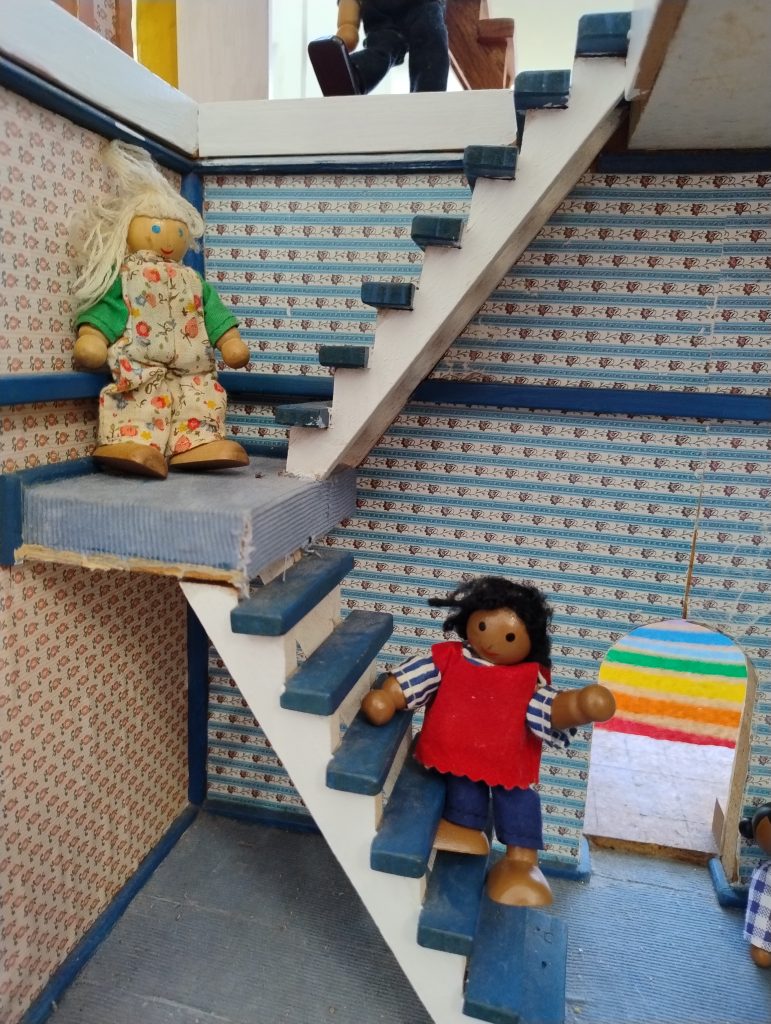
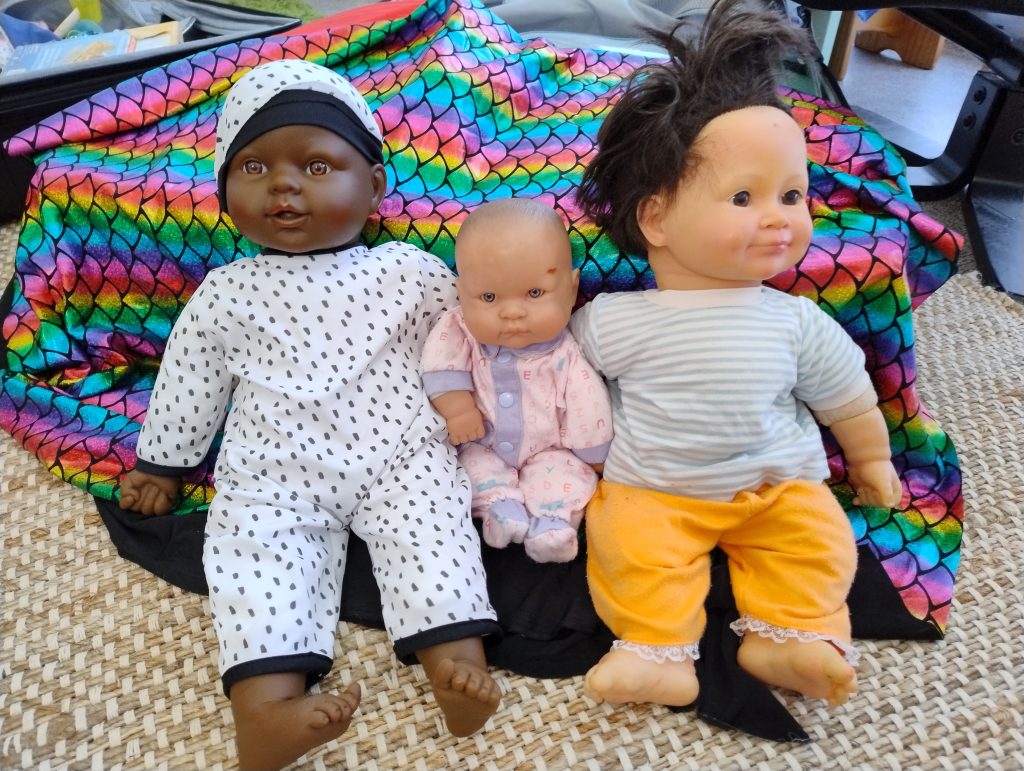
Filial Therapy
Filial Therapy has the largest body of research of any of the different types of play therapy, and has proven to be a very successful intervention supporting families that are experiencing social, emotional or behavioural challenges.
Filial Therapy works through a psycho-educational approach, which means using a combination of therapy and education to working therapeutically through play and giving information about the skills to the family as a whole. The educational component is targeted at the adults in the family with the intention of the adults in the family learning specific skills from the therapist that they can continue long after therapy finishes. The therapist also supports the family through supervision of their playtime and through the skill building process.
Filial Therapy is a process of creating a special play time that ideally happens between one adult and one child in a family. The special play time has some structure that is held by the adult, but the child has the power to direct the play. The training process of Filial Therapy empowers children to learn about setting limits, create boundaries, re-connect with their own play and develop skills around feedback information to their child in an empathic way.
Filial therapy has proven to be successful in repairing relationships between children and adults – be they parents, other family members, guardians or carers.
Supporting Play Skills
Learn to Play Therapy is a directive type of play therapy with the specific purpose to support children in the development of pretend play skills.
Pretend play, also known as fantasy or imaginary play, is considered the highest form of play as it uses all parts of the brain. Cognitive (thinking, imagining, literacy) skills , language (talking, listening, understanding) skills, emotional (feelings) skills, social (how we connect and interact with others) skills and creativity to happen. Pretend play can also be wonderful fun and a way to express yourself and make sense of the world around you.
However, play does not always come naturally to everyone. Some children (and adults!) need targeted support to develop pretend play skills. Learn to Play Therapy was developed by Emeritus Professor Karen Stagnitti from Deakin University out of her own research and experience with children who needed support in developing pretend play skills .
Could Learn to Play Therapy be something that would benefit your child or someone you know?
Does your child have trouble playing on their own?
Are they are having some challenges around playing with other children and being included in social, pretend play?
Does your child have trouble regulating their emotions?
Have you noticed that your child stands back and observes other children playing or perhaps they seem to interfere with other children’s play?
Does your child has some language delays or difficulty in sequencing (putting things into order) or understanding and remembering stories?
